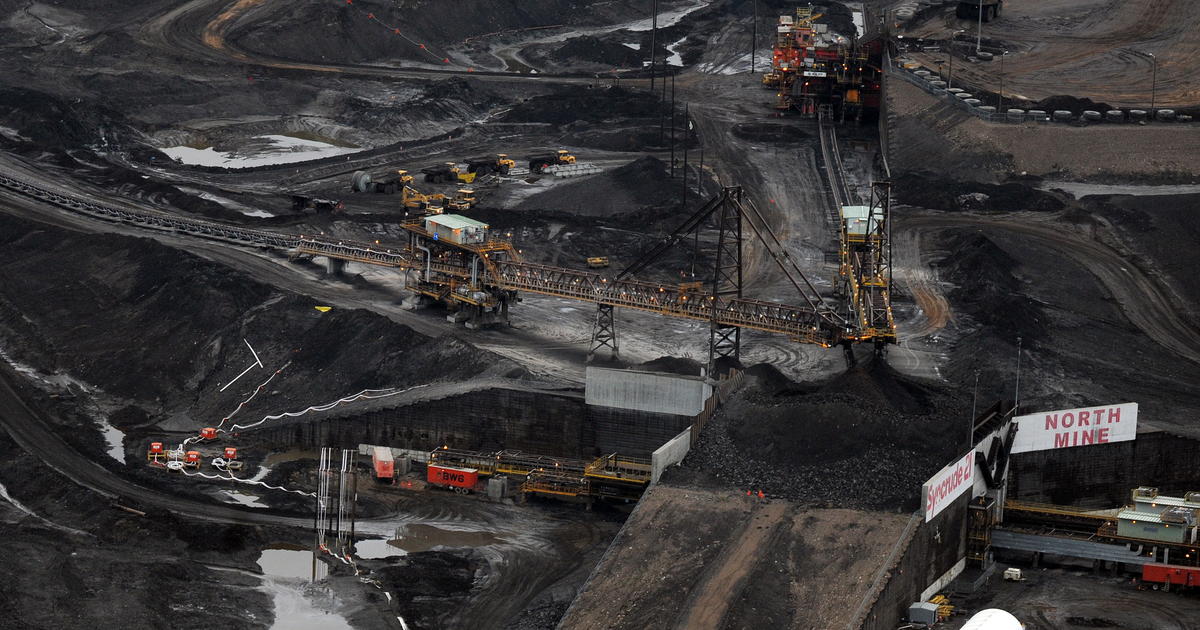EN 228 Shale Oil Fuel Quality Testing
The CEN standard EN 228 defines the requirements and test methods applicable to shale oil fuels. This service is crucial for quality managers, compliance officers, R&D engineers, and procurement teams working in the oil & gas sector as it ensures that shale oil meets the stringent fuel quality parameters set by international standards.
The testing process under EN 228 involves a series of rigorous procedures designed to evaluate various fuel properties such as viscosity, distillation range, flash point, calorific value, and sulfur content. These tests are essential for ensuring that shale oil complies with environmental regulations and meets the performance expectations of end users.
Shale oil is extracted from unconventional sources like shale formations, which require specific handling techniques to avoid contamination or degradation during extraction and processing. The quality of shale oil can vary significantly based on the source formation, making it imperative to adhere strictly to standard testing protocols such as those outlined in EN 228.
Accurate and consistent fuel quality is vital for maintaining engine performance across different climates and operational conditions. Non-compliance with these standards could lead to premature equipment failure or operational inefficiencies, resulting in significant financial losses for the industry. By adhering to EN 228, laboratories ensure that shale oil meets all necessary specifications, thereby enhancing reliability and safety.
The testing procedures under EN 228 are meticulously designed to capture critical fuel properties that influence engine performance, emissions, and operational efficiency. For instance, viscosity measurements help determine the flow characteristics of the fuel, while distillation range assessments indicate how efficiently the fuel can be combusted at different temperatures. Flash point tests ensure safety during handling and storage, whereas calorific value determines energy content.
Sulfur content is particularly important as it directly impacts emissions levels and compliance with environmental regulations. Exceeding permissible sulfur limits can result in increased pollution and non-compliance penalties. By conducting thorough testing according to EN 228, laboratories play a pivotal role in ensuring that shale oil adheres to these stringent requirements.
The competitive landscape within the oil & gas sector is increasingly demanding for fuel quality due to heightened environmental consciousness and regulatory pressures. Laboratories must stay at the forefront of technological advancements to provide accurate and reliable test results. This service not only meets but exceeds industry expectations, offering unparalleled expertise in shale oil analysis.
- Comprehensive Testing: We offer a full suite of tests under EN 228, ensuring complete fuel quality assurance.
- State-of-the-Art Equipment: Our laboratories are equipped with advanced instrumentation to deliver precise and accurate results.
- Expertise in Shale Oil: Our team comprises professionals deeply versed in shale oil testing methodologies.
- Fast Turnaround Times: We pride ourselves on delivering timely reports, supporting your business needs efficiently.
In conclusion, adhering to EN 228 standards is non-negotiable for any entity involved in shale oil production or distribution. Our comprehensive testing service ensures that shale oil meets all necessary specifications, enhancing reliability and safety across the supply chain.
Applied Standards
The application of EN 228 is broad within the oil & gas sector, particularly for shale oil fuels. This standard covers a range of fuel quality parameters that are critical for ensuring consistent performance and meeting regulatory requirements.
- Viscosity: Measured at specified temperatures to assess flow characteristics under different conditions.
- Distillation Range: Determines the temperature at which the fuel begins to distill, affecting combustion efficiency.
- Flash Point: Essential for safety during storage and transportation, ensuring compliance with health and safety regulations.
- Calorific Value: A measure of the energy content in the fuel, influencing operational costs and emissions.
- Sulfur Content: Directly impacts environmental impact and regulatory compliance. Lower sulfur levels ensure cleaner combustion and reduced pollutants.
The application of these parameters under EN 228 is critical for maintaining engine performance across various climates and operational conditions, ensuring that shale oil fuels meet the highest quality standards.
Industry Applications
In the context of the oil & gas sector, particularly shale oil production, adhering to EN 228 ensures a high level of fuel quality that is essential for various industry applications. These include:
- Manufacturing: Ensures consistent performance and reliability in manufacturing processes.
- R&D: Provides valuable data for ongoing research and development efforts, enhancing product innovation.
- Quality Management: Enables proactive quality control measures to maintain standards throughout the supply chain.
- Compliance: Helps entities comply with stringent environmental regulations and industry best practices.
The results from EN 228 tests are crucial for optimizing fuel efficiency, reducing emissions, and enhancing operational safety. These insights support decision-making processes across various sectors within the oil & gas industry.
Competitive Advantage and Market Impact
Adhering to the standards outlined in EN 228 provides a significant competitive advantage by ensuring that shale oil fuels meet or exceed international quality benchmarks. This service offers several key benefits:
- Enhanced Reputation: Demonstrates commitment to excellence and reliability, enhancing brand reputation.
- Informed Decision-Making: Provides robust data for strategic planning and operational optimization.
- Regulatory Compliance: Ensures full compliance with environmental regulations, avoiding penalties.
- Customer Satisfaction: Delivers fuel quality that meets or surpasses customer expectations, fostering long-term relationships.
This service also contributes positively to the market by promoting higher standards of fuel quality across the industry. By offering accurate and reliable testing results, laboratories play a crucial role in maintaining the integrity and reputation of shale oil fuels within the global market.





